Dust swirls beneath sturdy hooves as dawn breaks over sunbaked plains. In the heart of Earth’s harshest landscapes, a remarkable survivor quietly goes about its day—often unnoticed, but invaluable. Donkeys, with their soulful eyes and weathered coats, have been quietly shaping the destinies of communities and ecosystems for thousands of years. As we celebrate World Donkey Day, it’s time to look beyond their humble reputation and uncover the stunning environmental genius that makes donkeys true champions of arid lands.
Masters of Survival: The Donkey’s Ancient Origins
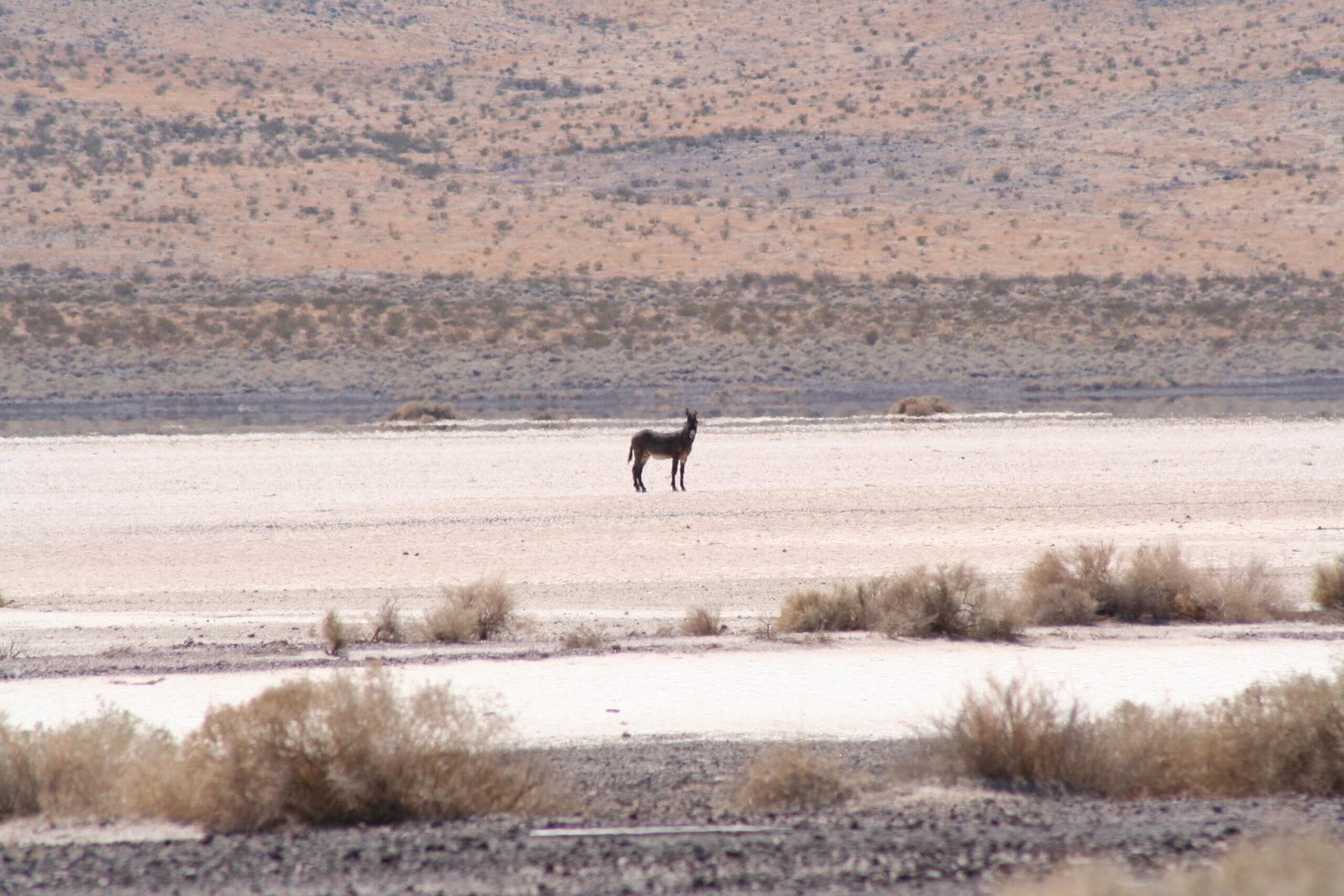
Long before modern civilization carved roads and built cities, donkeys thrived in the unforgiving deserts of North Africa and the Middle East. Descended from the wild African ass, these animals evolved traits that allowed them to outlast droughts and survive where other livestock would falter. Their lineage speaks to resilience. Unlike cattle or horses, donkeys can survive on sparse vegetation and minimal water, a superpower honed through centuries of adapting to extreme climates. Their evolutionary story is one of both hardship and triumph, carrying lessons for resilience in our changing world.
Water Wizards: Thriving on Scarcity
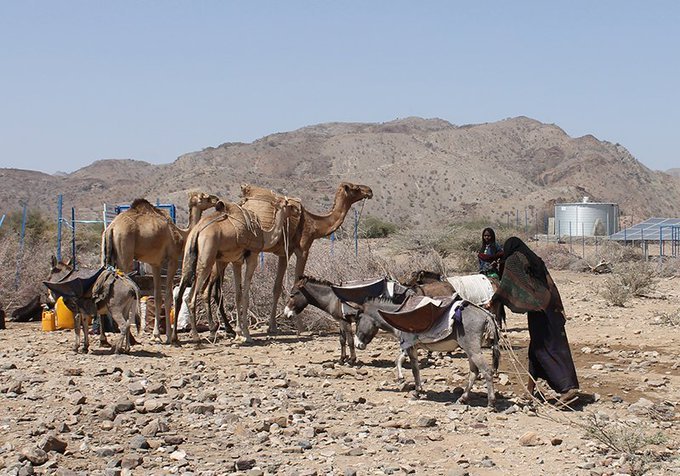
It may sound impossible, but donkeys can survive on water rations that would leave most animals desperate. Unlike cows, who need daily access to fresh water, donkeys can go up to 48 hours without a drink, and when water does appear, they drink quickly and efficiently, storing enough to last through the next dry spell. Their kidneys are specially adapted to conserve water, producing highly concentrated urine and dry dung—tiny miracles of biological engineering. This adaptation allows them to thrive in regions where water is the most precious resource of all.
Efficient Grazers: Champions of Sustainable Land Use
Donkeys are not picky eaters. With a digestive system designed for extracting every possible nutrient from coarse, dry plants, they feast on what other animals leave behind. This means they can graze on tough, low-nutrient shrubs and grasses that would be useless to cows or sheep. Their selective grazing helps manage vegetation without overburdening fragile ecosystems. In many arid regions, donkeys act as living lawnmowers, controlling bush encroachment and keeping landscapes balanced. Their ability to live on “scraps” makes them eco-friendly partners in land management.
Minimal Footprint: Protecting Fragile Soils
The deserts and semi-arid lands where donkeys roam are particularly vulnerable to soil erosion. Heavy animals with sharp hooves can churn up the ground, leading to dust storms and loss of precious topsoil. But donkeys, with their lighter bodies and soft, padded hooves, tread gently. They move with a care that preserves the integrity of the land beneath them. In this way, donkeys shield sensitive environments from the devastating impacts of overgrazing and trampling, quietly protecting the landscapes we all depend on.
Silent Water Prospectors: Locating Hidden Resources
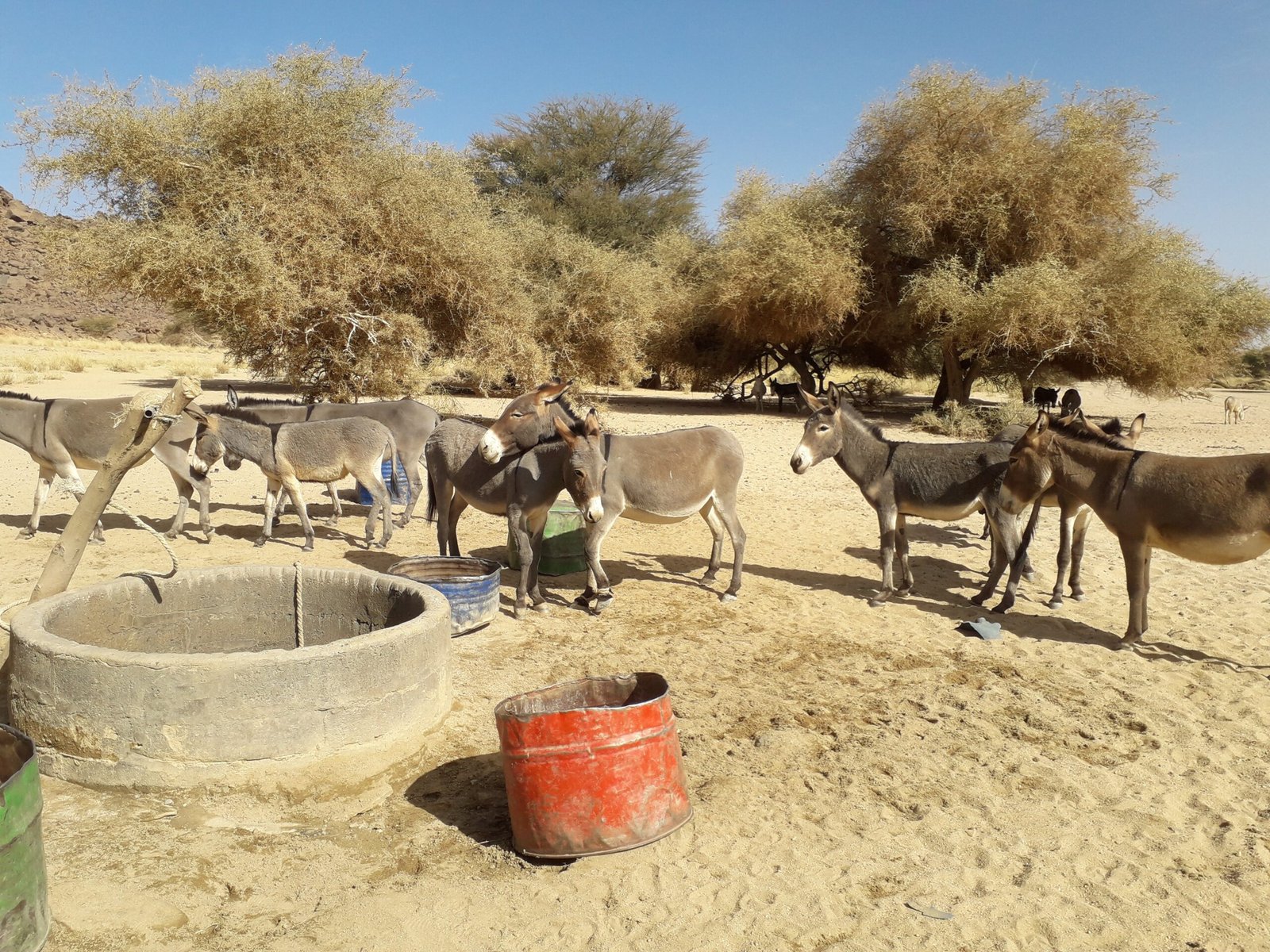
In some cultures, donkeys have been called “water diviners.” Their uncanny ability to sniff out hidden water sources in the most unlikely places has long been a source of wonder. Donkeys remember the locations of distant springs and watering holes, guiding herders across vast, dry expanses. There are stories from the Sahel of donkeys leading entire caravans to survival during desperate droughts. This instinct, combined with their endurance, makes them invaluable partners for people living on the edge of the world’s drylands.
Resilient Against Heat: Surviving Scorching Temperatures
Anyone who’s spent a summer day in the desert knows the draining power of heat. Donkeys, however, are built for it. Their coats reflect sunlight, and they sweat less than horses, conserving both water and energy. Rather than relying on rapid cooling, donkeys regulate their activity. They rest in the shade during the hottest hours and graze at dawn and dusk, adapting their routines to the rhythm of the land. Even in temperatures that would endanger other animals, donkeys keep going—steady, calm, and uncomplaining.
Companions in Human History: Shaping Civilizations
For millennia, donkeys have carried burdens, plowed fields, and ferried people through deserts, acting as lifelines for entire communities. In ancient Egypt, Mesopotamia, and across the Silk Road, donkeys were the engines of trade and agriculture. Today, over 40 million donkeys still support smallholder farmers in Africa, Asia, and Latin America. Their ability to work long hours, thrive on minimal food, and endure extremes of climate has made them irreplaceable partners in human progress, especially where resources are scarce.
Guardians of Biodiversity: Supporting Ecosystem Balance
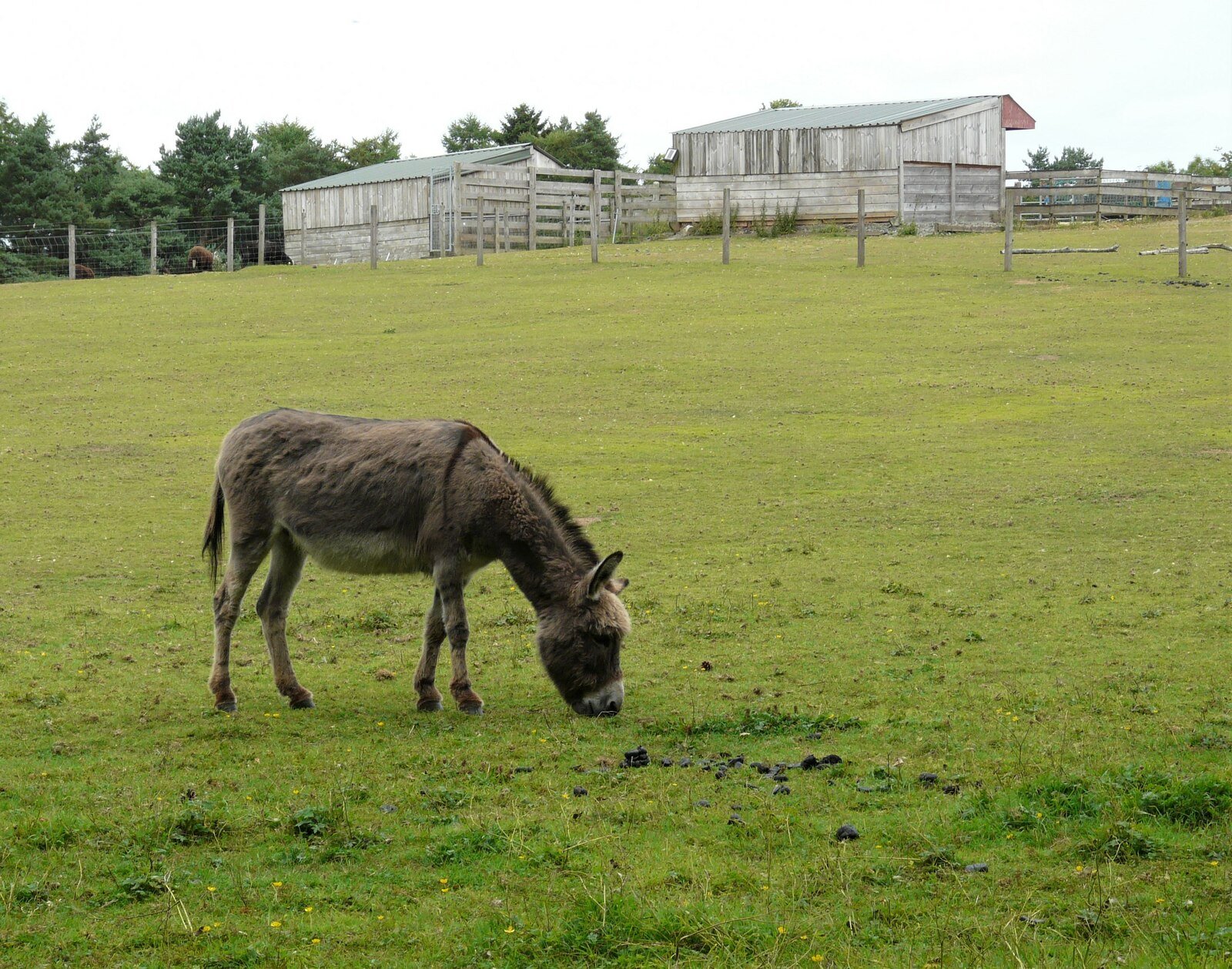
Donkeys play a subtle but vital role in maintaining biodiversity. By grazing on invasive plants and spreading seeds through their dung, they help rejuvenate arid grasslands. Their movement patterns create microhabitats for insects and small mammals, fostering a web of life often overlooked. In regions where native grazers are gone, donkeys can fill ecological gaps, preserving habitats that would otherwise degrade. They are unsung heroes in the fight to maintain ecosystem health in a warming, drying world.
Low-Emission Livestock: Reducing Environmental Impact
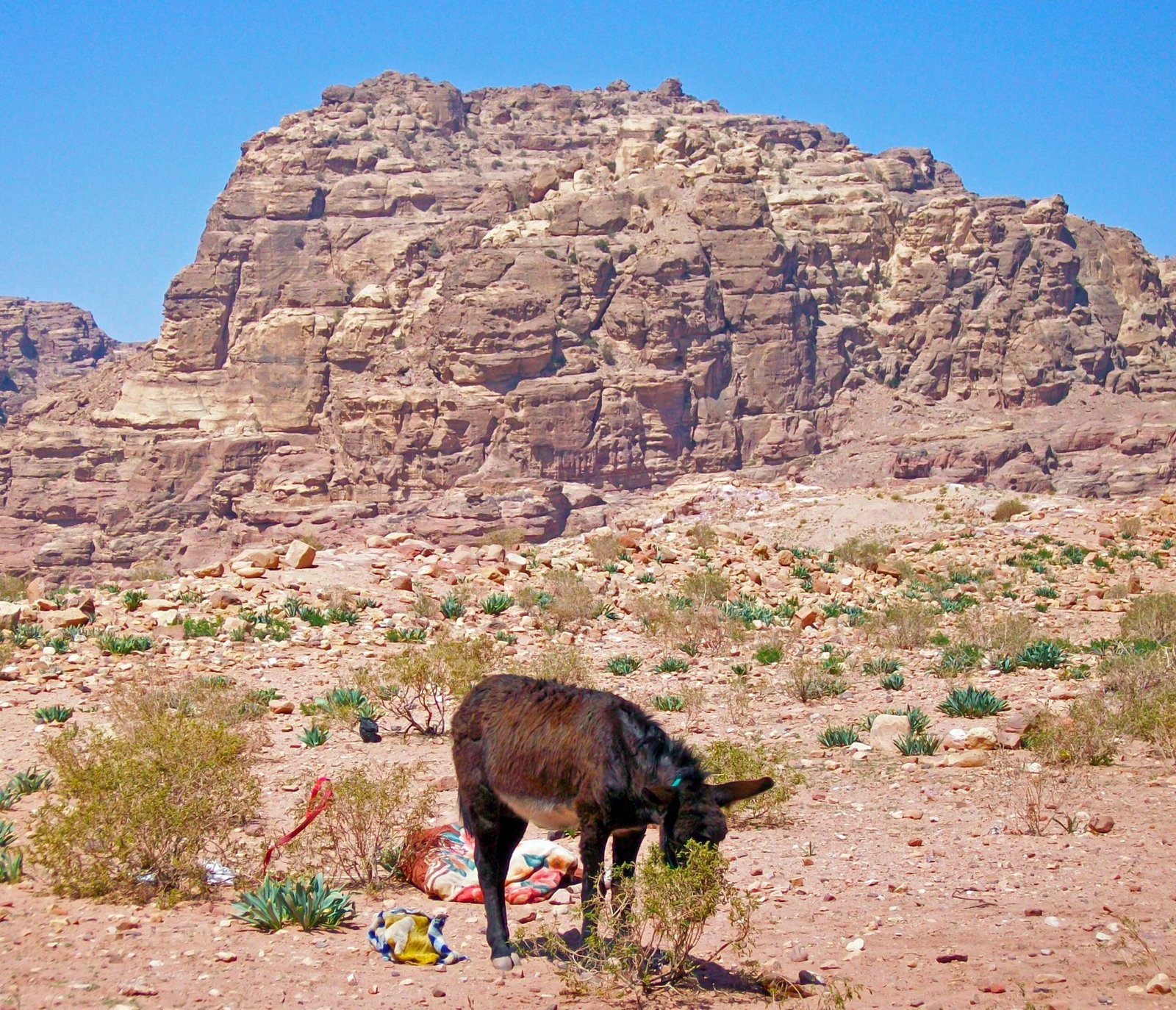
Amid growing concerns over greenhouse gas emissions from livestock, donkeys offer a surprising twist. Their efficient digestion produces far less methane than cows or sheep, making them a greener alternative for communities dependent on animal power. Donkeys’ modest appetites mean less land is cleared for grazing, and their low water requirements reduce pressure on dwindling aquifers. In the race to find sustainable solutions for rural livelihoods, donkeys stand out as models of ecological efficiency.
Innovations Inspired by Donkeys: Lessons for the Future
Scientists and engineers are taking cues from donkeys’ survival tricks. From water-conserving technologies to sustainable grazing practices, the genius of donkeys is shaping new ideas in environmental management. Their ability to endure and adapt is a source of inspiration for climate resilience. As the world faces hotter, drier conditions, the humble donkey offers a blueprint for living in balance with the land—reminding us that sometimes the simplest solutions are the most profound.
A Call to Recognition: Honoring Donkeys on World Donkey Day
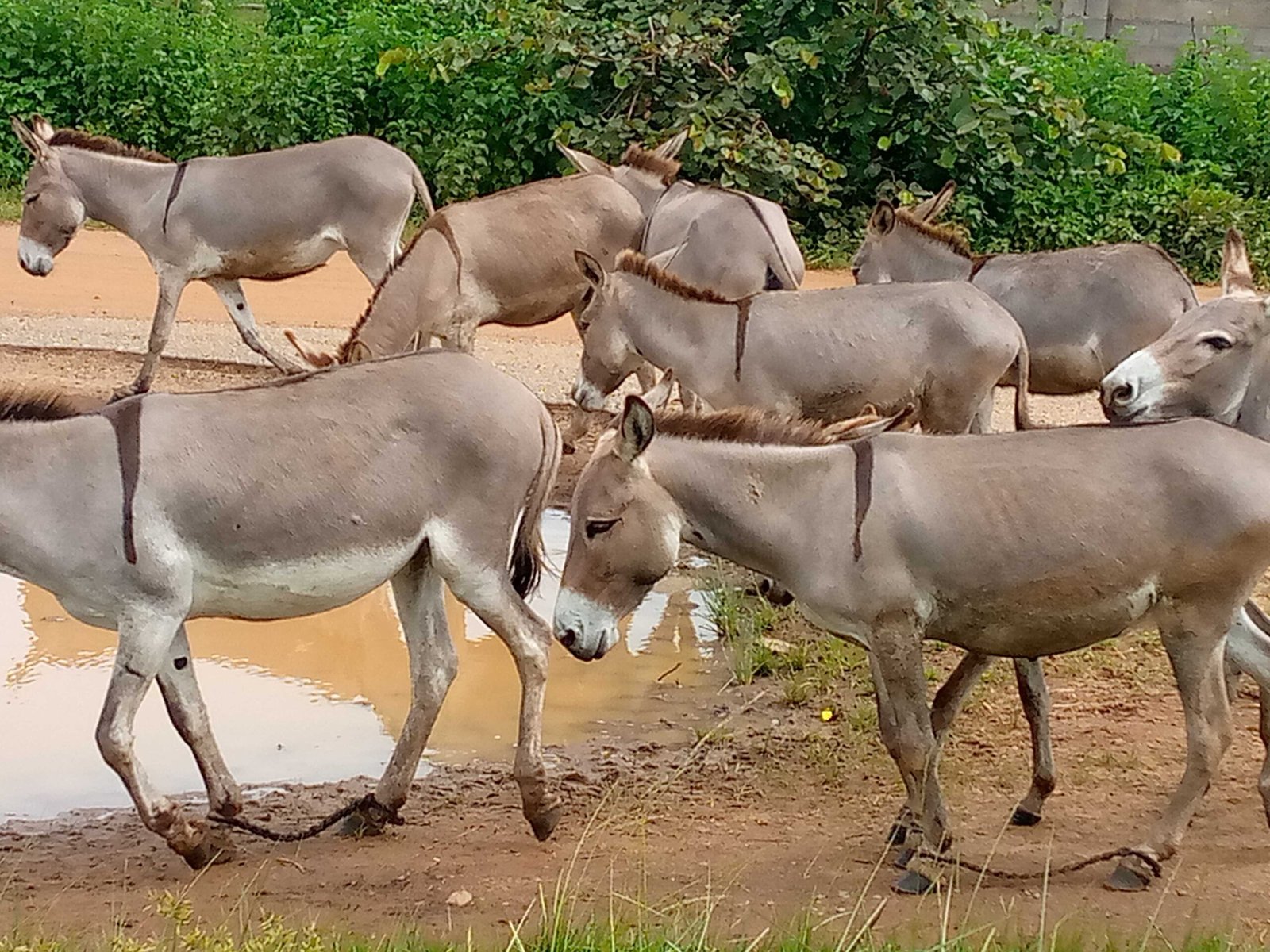
World Donkey Day is more than a celebration; it’s a moment to honor an animal that has quietly sustained cultures, ecosystems, and livelihoods. Donkeys deserve our respect not just for their hard work, but for their role as environmental geniuses. By valuing and protecting donkeys, we safeguard ancient wisdom and practical solutions for the challenges of tomorrow. Will we finally give these remarkable creatures the recognition they so clearly deserve?




